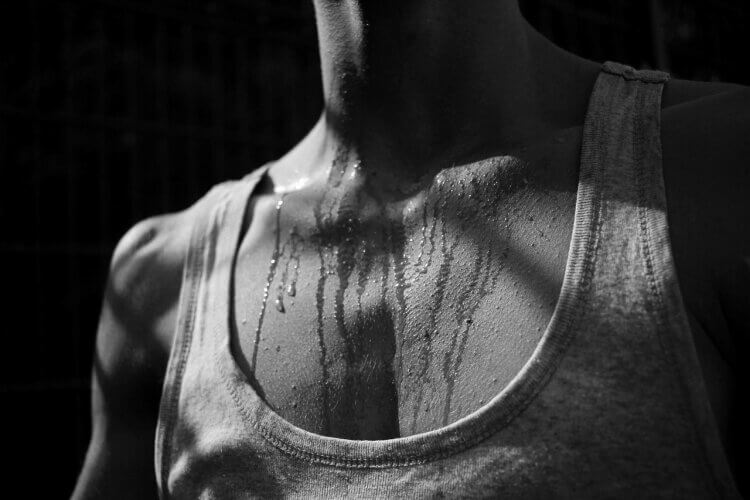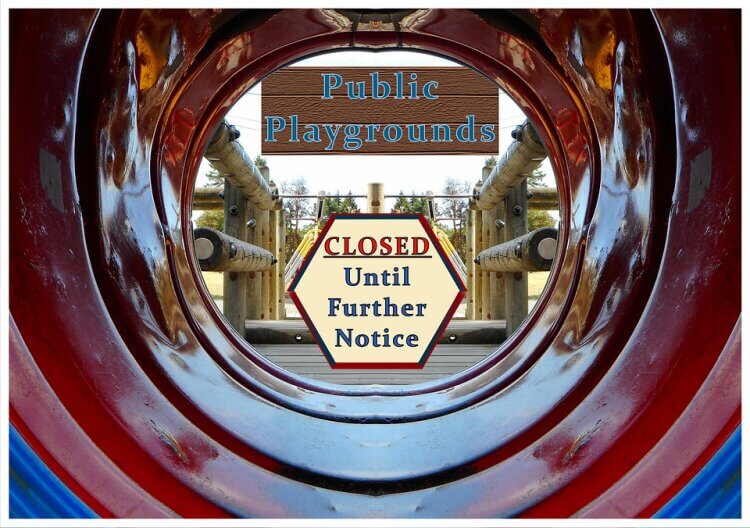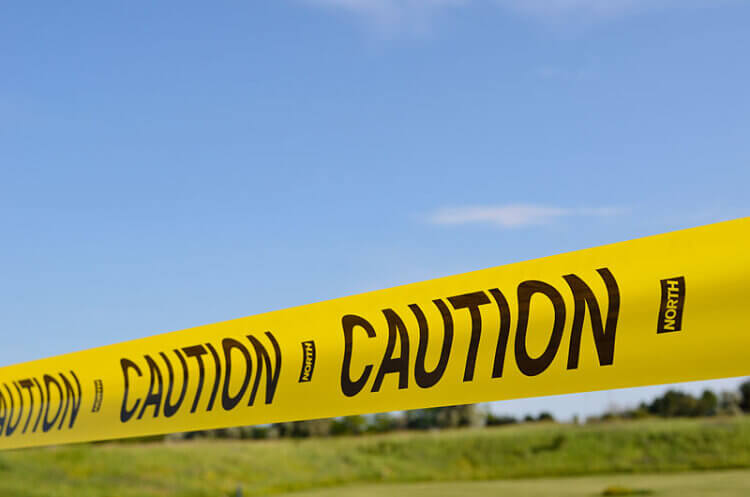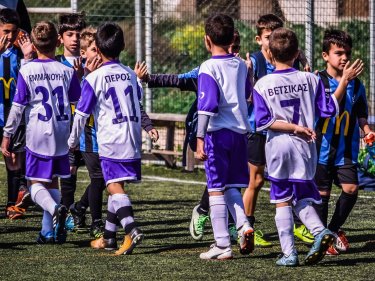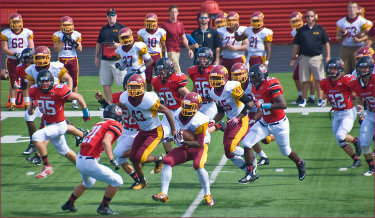As we find ourselves at this time in the world where a pandemic has changed the intricate details of our lives, we are forced to focus on the essentials of life. Guidelines about how to safely interact with others and protect ourselves from the virus are governing the daily actions of people worldwide. Businesses, purchases, travel, and most activities have been labeled as essential or non-essential. Halting non-essential engagements has caused businesses to shutter, cities to become vacant, sports to be postponed, and shoppers to cautiously venture into grocery stores and purchase inordinate amounts of toilet paper.

With many of our typical activities labeled non-essential, I wonder if our normal lives have been filled with an abundance of non-essential things/activities. Are birthday parties, hair salons, music concerts, and sports simply fluff that fills the spaces between the essentials of life? Or, is there more to living life than meeting/obtaining the essentials? Though we must fulfill our physiological and safety needs to stay alive (i.e., the essentials), if we neglect or cannot fulfill other human needs (e.g., social, intellectual, emotional, self-fulfillment), are we whole?
Because I am a physical educator, my mind has been drawn to the impact the pesky COVID-19 pandemic is having on physical activity (PA) and sport. During this time of caution, PA is one part of our lives that has been deemed both essential and non-essential. As non-essential, sporting events and seasons, from professional to recreational, have been canceled or postponed throughout the world. NBA, NHL, MLS, and MLB seasons were suspended or delayed. The NCAA basketball tournament was canceled. High school spring sports throughout the nation were canceled. The 2020 Olympic Games are postponed. Thousands of recreational races and youth sports leagues were canceled or are delayed.


